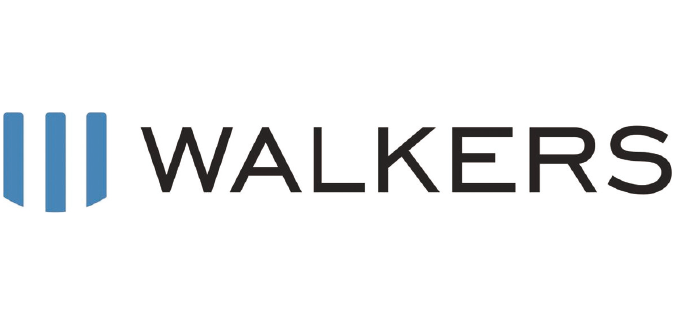 By James Twigg and Daniel Lo
By James Twigg and Daniel Lo
Blockchain was originally considered to be the innovative technology that only supported cryptocurrencies like bitcoin and ethereum. Recently the technology has been garnering attention from investors and companies as an infrastructure solution capable of bringing disintermediation to all industries through the execution and recording of transactions.1 Although the idea of a fully decentralised public permissionless blockchain may be miles away, in the interim, blockchain technology still has the potential to transform a wide variety of practices and products due to reduced costs, enhanced risk mitigation and greater efficiency through the use of private blockchains and trusted third parties.2 The Cayman Islands investment funds industry can capitalise on this opportunity to retain its funds-sector dominance through the adoption of blockchain components such as tokenisation, digital identities and smart contracts. While the market has already seen the emergence of tokenised funds, a fully blockchained investment fund is still at the theoretical stage — but what would one look like?
Fund interests and the subscription process
When an investor wants to subscribe for interests into a Cayman Islands investment fund, they will generally submit subscription documents to the fund, at which point the administrator will clear compliance on the investor and record the interest onto a register which it maintains. The investor typically receives its interest in the form of a share or limited partnership interest. This subscription process is ripe for disruption. The investment funds industry may one day do away with intermediaries such as transfer and distribution agents. In the future, investors and issuers may be able to directly operate peer-to-peer. The investor may use a dedicated program to send subscription requests in digital currency to a smart contract which will verify that certain required conditions are fulfilled such as AML/KYC checks and sufficient digital currency in a digital wallet. Focusing on blockchain projects that facilitate the sharing of information on tax residencies and beneficial ownership identities of potential investors (discussed below) is a useful first step. Subsequently this may open the doors to the recording of interests on a public or private blockchain which would act as a verifiable register of members. A tokenised investment fund can then issue tokens instead of shares and limited partnership interests. An investor’s rights and obligations pertaining to an investment fund could eventually be derived from a smart contract that would replace standard fund documents such as the memorandum and articles of association, limited partnership agreement and private placement memorandum. The smart contract would be able to feed information collected at the subscription stage to generate certain metrics necessary to facilitate fund entry such as the net asset value for an open-ended fund, which will then trigger the smart contract to be completed and automatically exchange the subscription digital currency with fund tokens.
AML/KYC
Blockchain can streamline AML/KYC checks and potentially avoid duplication of efforts, increase transparency and enhance compliance. At the onboarding stage, an investor would provide the necessary identification information to a trusted party, who in turn will either register and create a digital identity for the investor or verify their digital identify if already on the identification blockchain. Trusted parties are reliable entities authorised by legislation to perform AML/KYC verifications (eg, watch lists, updating KYC documentation, risk analysis, etc) and would operate within an identification blockchain that creates and facilitates the management of unique digital identities. The digital identity would then be spread to trusted parties and applications that need to verify an individual’s information before authenticating and validating a transaction through a smart contract. The digital identity that the investor now has can be used in other transaction later and would facilitate a faster and more efficient processing of their AML/KYC information, as well as save investment funds on the costs of verification and onboarding turnaround times.
The Cayman advantage
The Cayman Islands is a well-placed jurisdiction for cryptocurrency and blockchain projects because of a number of benefits including: (a) the robust and flexible legal framework, (b) stable political climate, (c) high quality service providers, (d) proven record as a world leading financial centre, (e) leading jurisdiction for investment funds and SPVs, and most importantly (f) the government’s willingness to develop the technology industry. The Cayman Enterprise City is a special economic zone introduced by the government to encourage the development of industries like technology by granting incentives for technology companies to relocate physically to the Cayman Islands, and now hosts over 250 companies (approximately 60 blockchain-focused companies).3 CIMA established a working group in March 2018 (in which Walkers participates) to drive the development of a regulatory framework for digital assets.4
____________________________
- Deloitte, Impacts of the Blockchain on fund distribution (June 2016)
- Dave Dowsett and Heather Wied, Blockchain and the reshaping of investment management.
- Walkers, 2019 Chambers Global Practice Guide – Cayman Islands: Law & Practice
- Ibid.
![]()
E: james.twigg@walkersglobal.com
E: daniel.lo@walkersglobal.com
T: (852) 2596 3433, (852) 2596 3425

















 Walkers
Walkers







